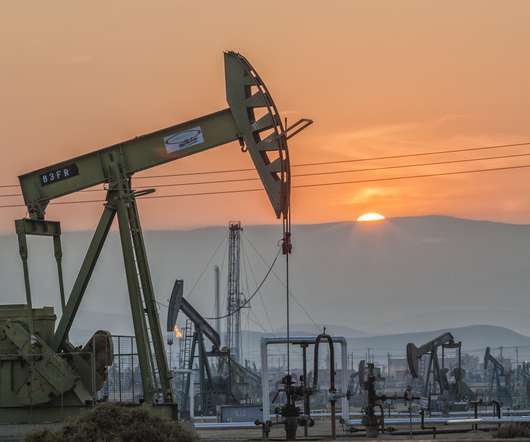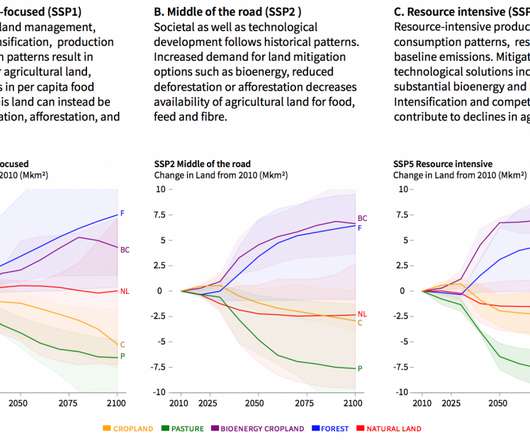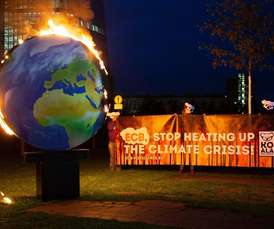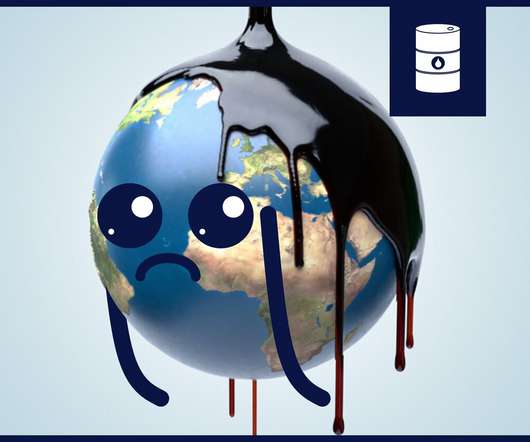For a livable future, 60% of oil and gas must stay in the ground
Grist
SEPTEMBER 8, 2021
The researchers set out to estimate how much of the world’s fossil fuel reserves must remain in the ground in order to limit global warming to 1.5 This means that global oil and gas production must decline 3 percent on average every year until 2050. “I degrees Celsius (2.7 degrees C above preindustrial temperatures. “If





















Let's personalize your content